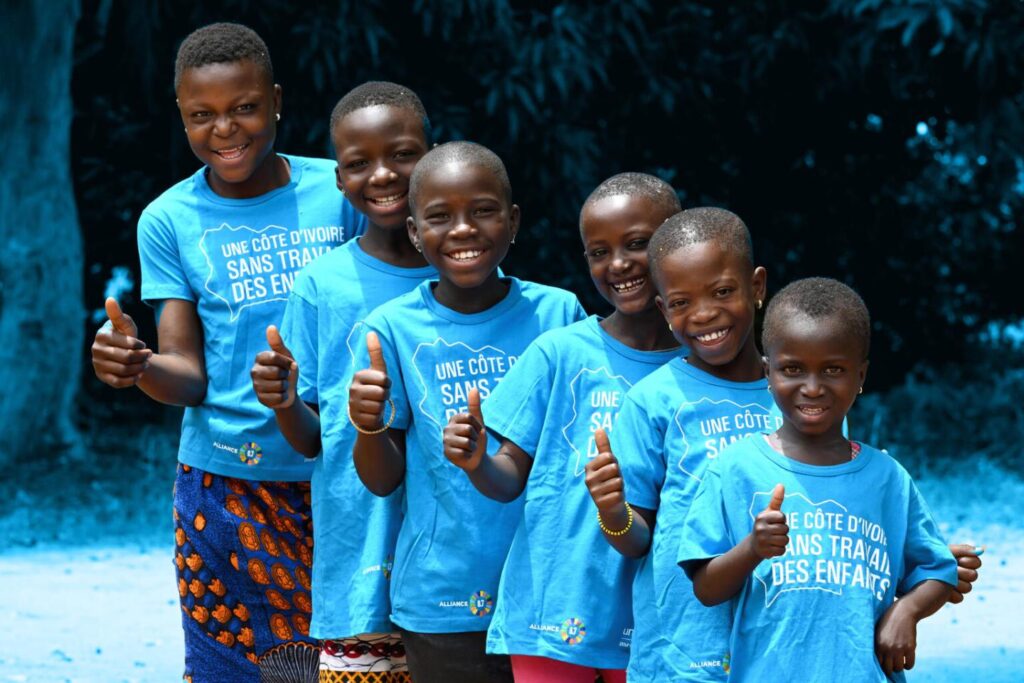
More than 2.5 million people in Nigeria are in need of humanitarian assistance – 60 per cent of which are children.
UNICEF warned that they are at increased risk of waterborne diseases, drowning and malnutrition due to the most severe flooding in the past decade.
It explained that the floods, which have affected 34 out of the 36 states in the country, have displaced 1.3 million people.
“Over 600 people have lost their lives and over 200,000 houses have either been partially or fully damaged.
“Cases of diarrhoea and water-borne diseases, respiratory infection, and skin diseases have already been on the rise,” UNICEF said.
It noted that in the north-eastern states of Borno, Adamawa and Yobe alone, a total of 7,485 cases of cholera and 319 associated deaths were reported as of 12 October.
According to the world body, as rains are expected to continue for several weeks, humanitarian needs are also expected to rise.
“Children and adolescents in flood-affected areas are in an extremely vulnerable situation,” said Cristian Munduate, UNICEF Representative in Nigeria.
“They are particularly at risk of waterborne diseases and emotional and psychological distress. UNICEF is working closely with the Government and other partners to provide life-saving assistance to those who are most in need.”
The floods are adding another layer of complexity to an already precarious humanitarian situation in the country. Immediate priority needs for children include health, water, sanitation, and hygiene; as well as shelter and food.
Additional funding and resources are required to respond to growing needs and to sustain ongoing humanitarian interventions, with a focus on the most vulnerable, including children with disabilities.
According to UNICEF’s Children’s Climate Risk Index (CCRI), Nigeria is considered at ‘extremely high risk’ of the impacts of climate change, ranking second out of 163 countries.
Children in ‘extremely high risk’ countries face a deadly combination of exposure to multiple climate and environmental shocks combined with high levels of underlying child vulnerability, due to inadequate essential services, such as water and sanitation, healthcare and education.
To date, UNICEF has supported the government response in three affected States – Jigawa, Niger, and Kaduna, including through the provision of cash assistance, distribution of cholera kits, government-led mobile health teams, temporary learning centres and learning kits and cholera kits.
With additional support, UNICEF can scale up its response in other states to provide lifesaving medical equipment and essential medicines, chlorination of water and sanitation supplies, as well as to support the prevention of and response to sexual and gender-based violence.

